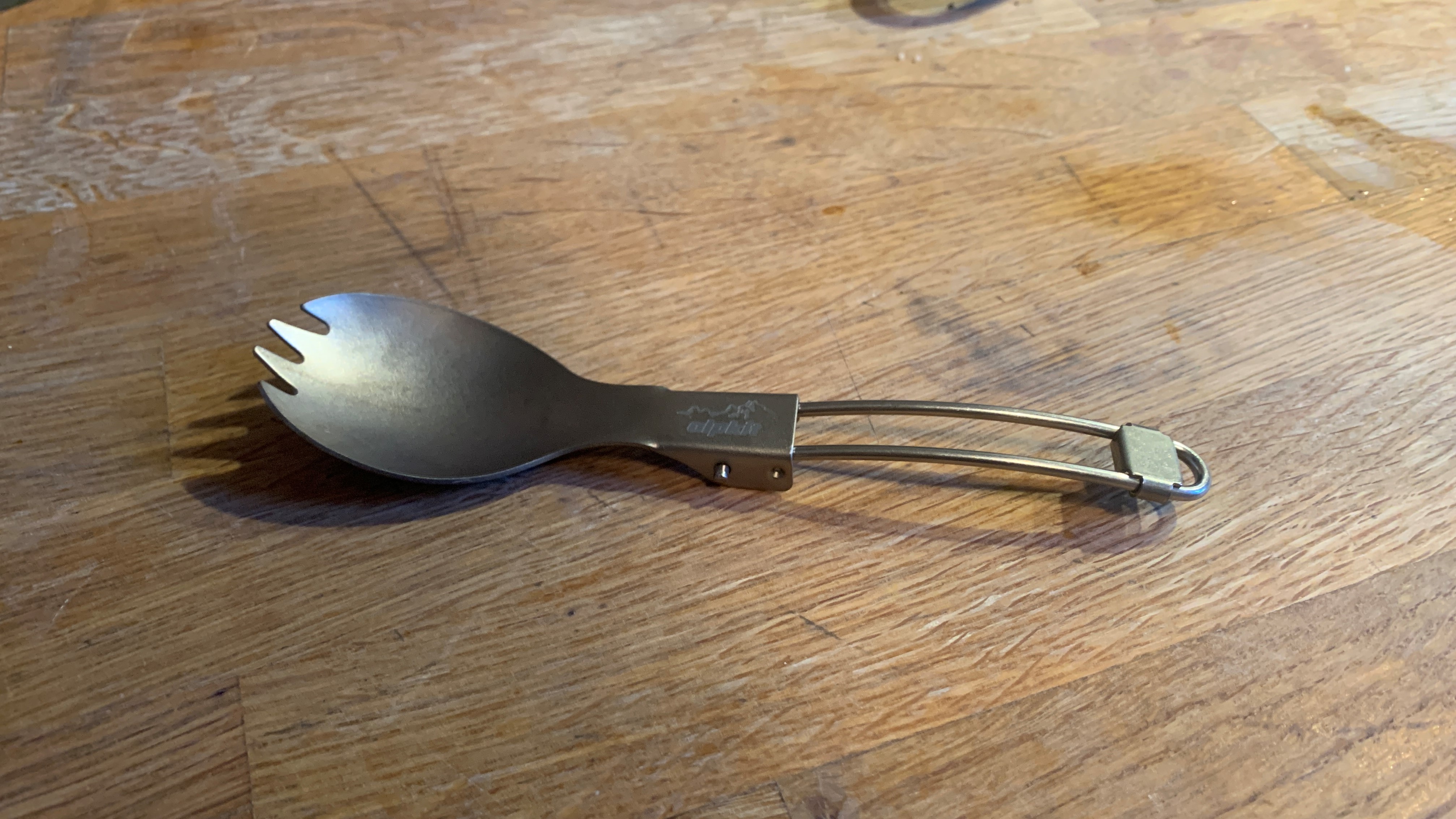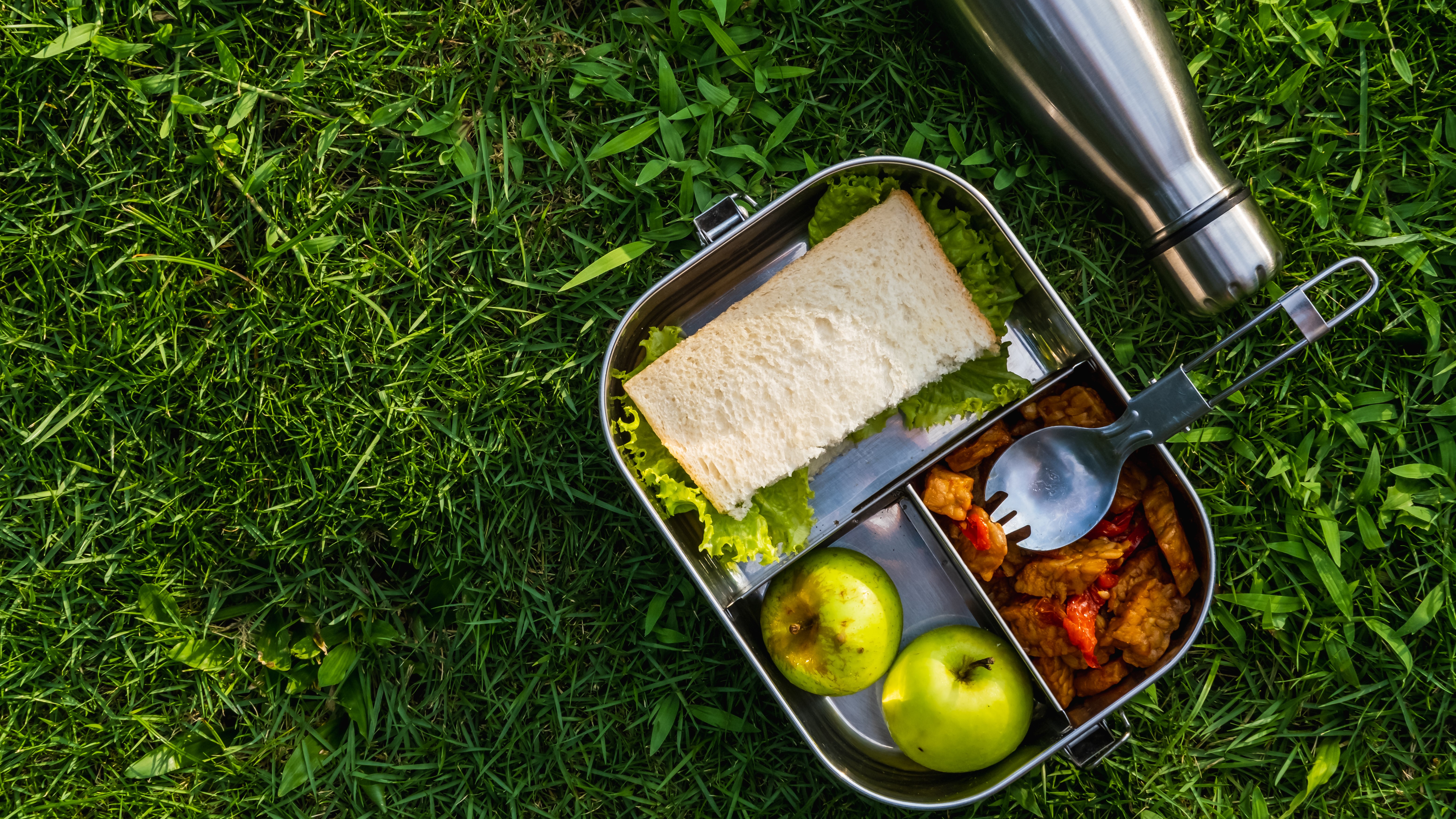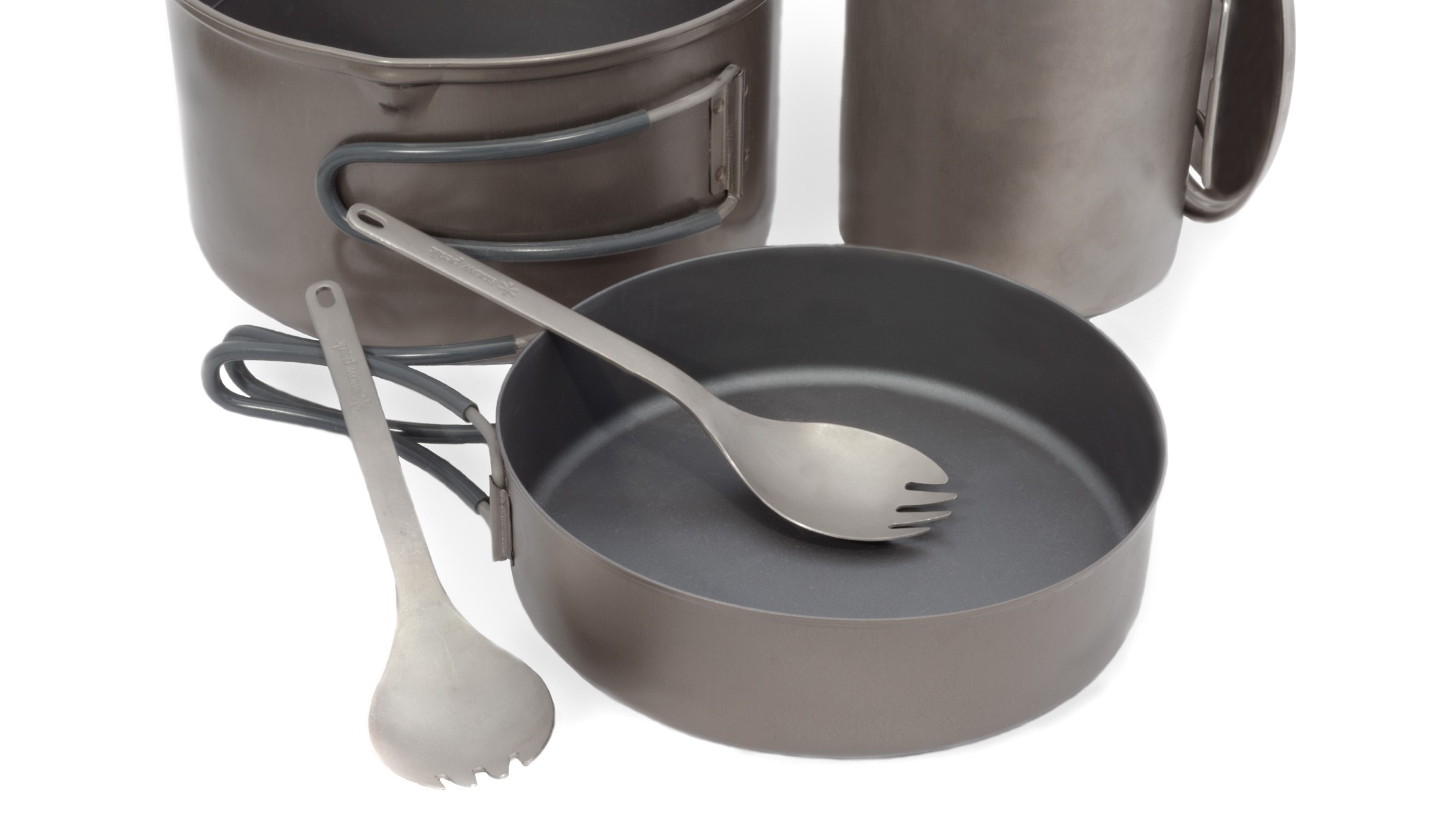What is a spork – and do you need one for camping?
We chew over the pros and cons of this piece of hybrid camping dinnerware for your next backpacking excursion

All the latest inspiration, tips and guides to help you plan your next Advnture!
You are now subscribed
Your newsletter sign-up was successful
Gear that performs multiple purposes can be highly sought after for backpacking, where you’re always looking to keep your load as light as possible. There’s that stuff sack that compresses your sleeping bag by day and is filled with clothes to make a camping pillow at night. The carabiner that keeps your hiking whistle or water bottle clipped to your pack on the trail, then makes a pulley system to hang your bear bag while you’re sleeping. Oh, and your nifty multitool that does everything from opening wine to clipping your toenails. When it comes to mealtimes, thrifty backpackers often just throw an old set of silverware (that’s cutlery to you UK folks) in their backpack, but some swear by a handy hybrid piece of camping dinnerware known as a spork.
Though I’ve long been vaguely aware of the existence of the fork, it was only last year when I was gearing to walk to the West Highland Way that I finally got my hands on one. Prior to that, I’d always just flung a spoon in my bag and hoped for the best. Now that I have a spork, I use it for all my backpacking trips, but I’ve noticed it has both pros and cons, so I’m sharing those here in case you’re wondering whether you really need a spork.

What is a spork for camping?
A spork is a camping utensil that combines elements of a spoon and a fork, hence the silly name (confusingly, some brands call their models a “foon,” but it’s the same thing). Invented all the way back in 1874 by an American fellow named Samuel W. Francis, a typical camping fork looks like a shallow spoon and has very short tines (those are the prongs of a fork). Some sporks have folding handles and they can be made from metal, such as titanium, or from plastic.
For camping, sporks eliminate the need for carrying both a spoon and a fork, and also keep you from trying to eat noodles with a spoon for those who generally forgo the fork altogether. Most sporks won’t perform a cutting motion, but it’s generally assumed that you’ll have a camping knife for that.
Why use a spork instead of regular utensils?
Ostensibly, a spork cuts down on the amount of gear you’re carrying, and on weight – but is it enough to make a real difference, you ask? I pulled out my scales to answer this question and found that a knife and fork from my kitchen drawer tips the scales at 90 grams (3.17 oz) whereas my Alpkit titanium spork weighs only 10 grams. So, yes, it’s saving me 80 grams, and if you’re an ultralight fastpacker, that might sound sufficient for you to click Buy Now. But if you’ve read my article titled how heavy is too heavy for a hiking backpack, you’ll know that a few grams probably doesn’t make a difference.
Where I think my spork is actually quite useful is that, because the handle folds up, it’s actually really packable. Sure, you can probably slide a fork and spoon down into the side of your backpack, but then you might have difficulty finding them, and you’ve got the potential issue of the fork tines damaging some delicate fabric inside your pack, such as your sleeping pad or waterproof jacket. Yikes.
My spork folds up and fits inside my camping pot, so it’s safe from harm and I can always find it. Better still, when I get home from a camping trip, it automatically gets packed away with the rest of my camping gear, so there’s no chance of forgetting my eating utensil on my next adventure. Handy.
All the latest inspiration, tips and guides to help you plan your next Advnture!
Finally, sporks are a really affordable piece of camping gear. I parted with just £8 ($10) for mine, so it’s not a major investment if you're on the fence.

Are there any disadvantages to using a spork?
Hybrid gear can cut down on the need to carry lots of separate items, but as you might know, it often doesn’t perform any one of those functions really well. Case in point: the question of a multitool vs pocket knife. Multitools have loads of functions, including a knife, but the knife isn’t generally as good as those found on a pocket knife.
A spork is generally functional for eating the types of food you eat when you’re backpacking – pasta, oatmeal and rice. However, they’re not great for noodles, which can be a great cheap camping meal, and the tines mean they’re not ideal for mixing powder into liquid. If you’re a fan of protein powders or hot chocolate, you might want to use the handle instead.
Finally, I’ve found that my Alpkit Snapwire Foon has a tendency to fold up on itself if I’m using it to eat food that is quite dense, such as macaroni and cheese, which is a little irritating.
So, sporks are handy, but have some drawbacks. If you’re really keen to lose a few grams but don’t want to lose functionality, there are some great bamboo cutlery sets for camping that you might also consider. They won’t fold up, but will stay packed away with your camping gear and weigh less than your home set.
- Best camping stoves: lightweight and convenient for easy cooking
Julia Clarke is a staff writer for Advnture.com and the author of the book Restorative Yoga for Beginners. She loves to explore mountains on foot, bike, skis and belay and then recover on the the yoga mat. Julia graduated with a degree in journalism in 2004 and spent eight years working as a radio presenter in Kansas City, Vermont, Boston and New York City before discovering the joys of the Rocky Mountains. She then detoured west to Colorado and enjoyed 11 years teaching yoga in Vail before returning to her hometown of Glasgow, Scotland in 2020 to focus on family and writing.

